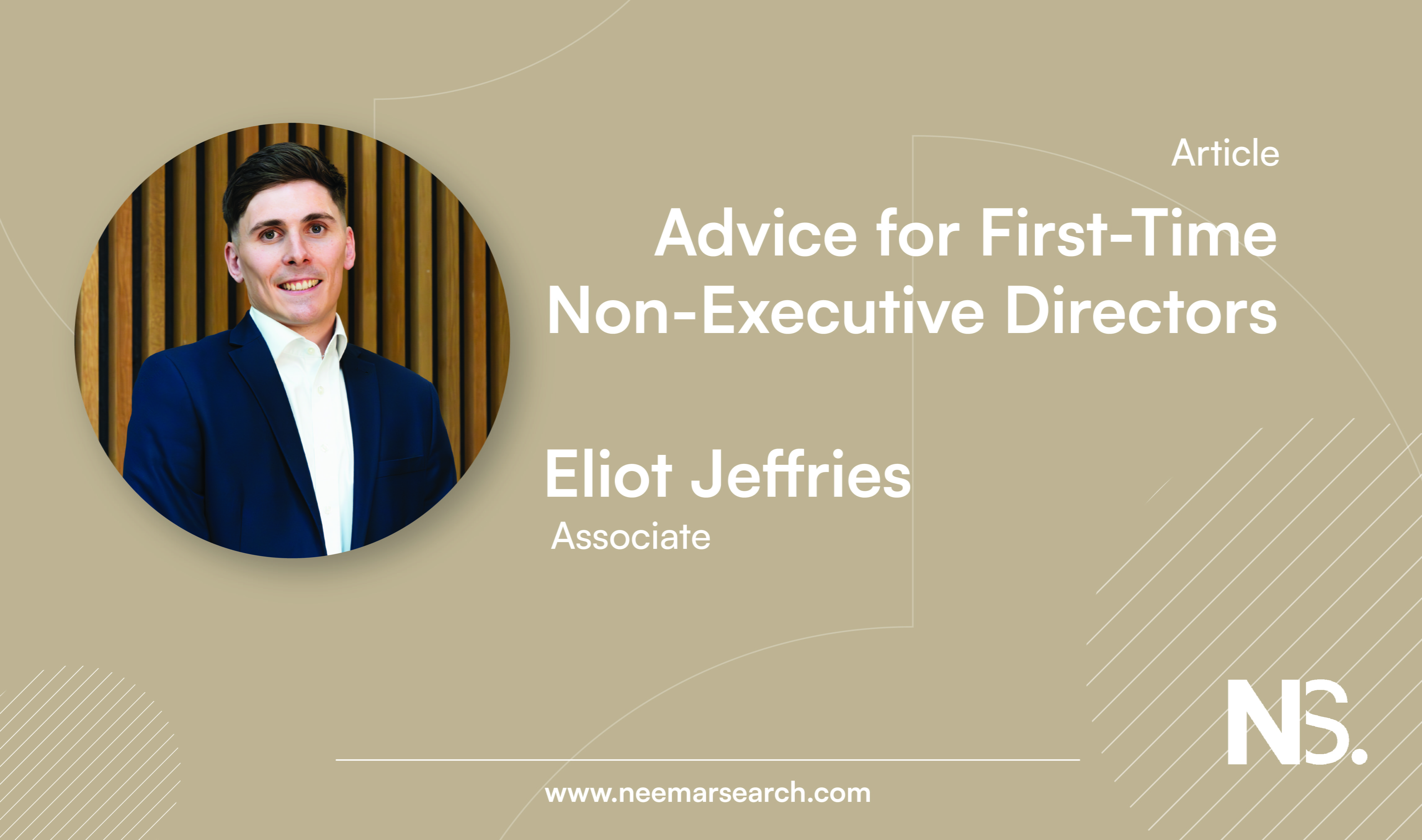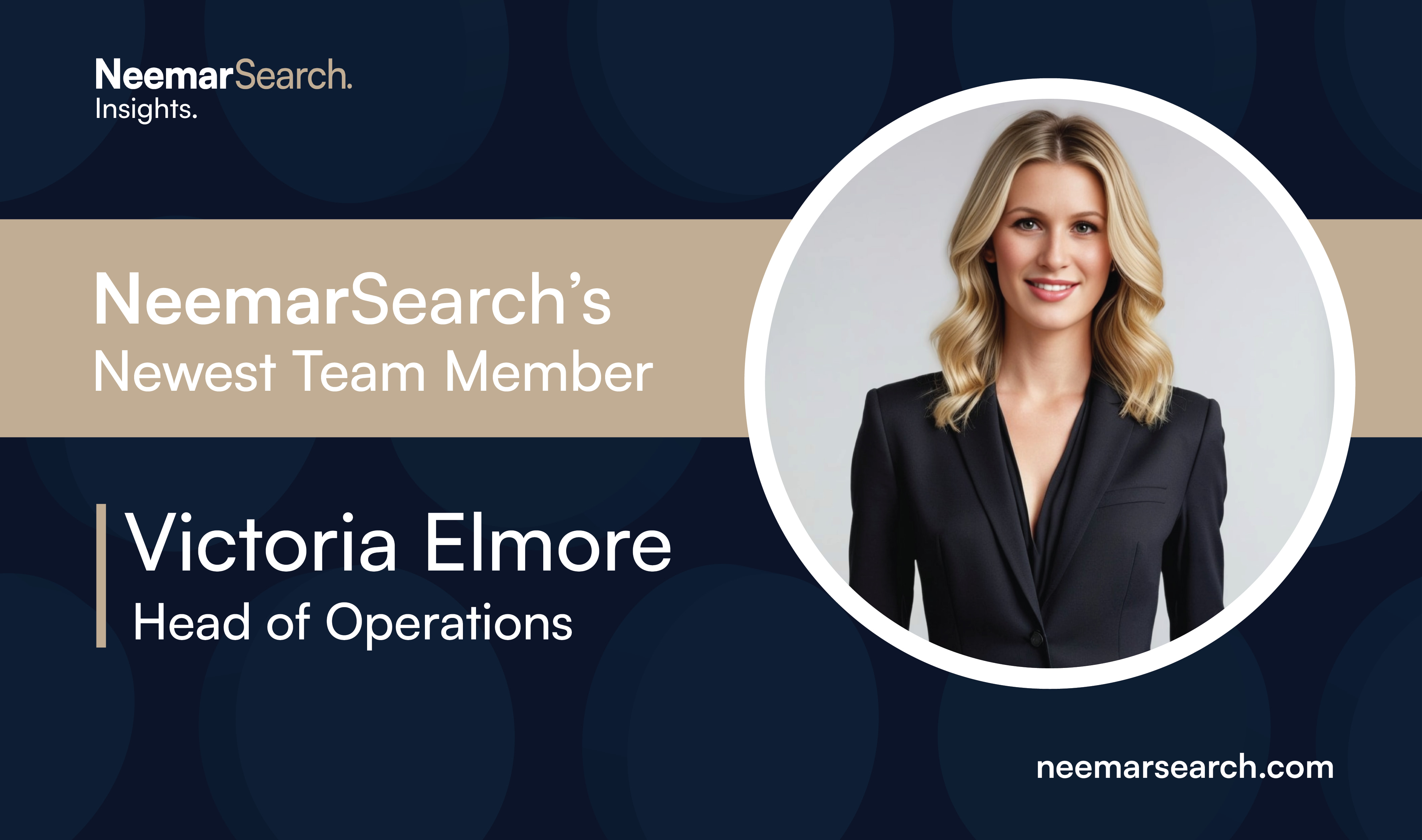
Advice for First-Time Non-Executive Directors
24 Jul, 20246 Mins
In the competitive landscape of non-executive director roles, particularly within the social housing sector, securing your first position can often be challenging. In this article, I aim to provide some basic steps aspiring NEDs can take to increase their chances of success.
Where to start
To stand out as a potential Non-Executive Director (NED), it is important to demonstrate a deep understanding of the social housing landscape. This involves familiarising yourself with key regulatory bodies, current challenges, policy trends, and the financial landscape of the sector. More importantly, you must be able to demonstrate a genuine interest in the sector and the mission of organisations within it. Understanding the impact that well-functioning housing associations can have on their customers and communities is crucial to effectively contribute to the organisation's objectives.
Whilst direct housing experience is valuable, boards often seek diverse skill sets. Expertise in areas such as financial management, legal knowledge, strategic planning, risk management, property development, tenant engagement, and social policy understanding are highly desirable. The ability to work collaboratively within a diverse team and contribute a unique perspective is also invaluable.
For first-time Non-Executive Directors, a targeted approach to opportunities is key. Consider independent committee member roles. These positions often require less time commitment and allow you to gain board experience and establish your style. They are the perfect stepping stones to full board roles, whether within the same organisation, or externally. Also, consider roles with smaller housing associations, or explore co-opted positions. Committee positions tend to be skill or area-specific, providing a great way to utilise your current skill set and add value from day one while gaining a greater understanding of the expectations required to fulfil a NED position.
Building a strong network can open doors to Non-Executive Director opportunities. Attend industry events and seek mentorship from experienced NEDs in your network. Some organisations also offer board shadowing opportunities, allowing you to observe board meetings and gain insights into governance practices.
Finally, when considering your first Non-Executive role, it's advisable to discuss this with your current employer before proceeding. Many organisations support their senior leaders in taking on such positions, recognising the benefits of additional learning and insights into how other organisations are tackling similar challenges. However, potential conflicts of interest may arise, particularly when organisations are in the same geographical area or competing for the same development opportunities. To avoid potential disappointment, it's best to have these discussions early in the process.
Do your research
An often overlooked aspect of securing your first Non-Executive Director (NED) role is conducting thorough research on the organisation you're applying to. This step not only demonstrates a genuine interest in the role and organisation but also shows that you have the attention to detail needed to be a successful NED. It also allows you to align your expertise with the Associations's needs, prepare insightful questions for interviews, and assess cultural fit. Moreover, it helps you identify potential risks and opportunities, showcasing your strategic thinking and commitment to the role. This level of preparation sets you apart as a candidate who can add immediate value to the board.
Further to the above, have a clear understanding of the organisation's mission, strategic objectives, and recent initiatives. This will provide insights into their priorities and challenges. Research their performance, including tenant satisfaction rates and financials, for example. This information, often available in public reports, will enable you to ask informed questions during interviews and demonstrate your understanding of the organisation's position in the sector and any potential key challenges.
I would always advise looking further at the current board makeup and examining the backgrounds and skills of existing members. This can help you identify potential gaps you might fill and gain insights into the board's approach and style.
Essential Competencies for Success
When interviewing for non-executive director positions, you should be prepared to showcase a diverse set of skills.
Being able to collaborate effectively and demonstrate strategic leadership skills is key to being successful in any Non-Executive Director position. Showing your ability to work seamlessly with other board members, executives, and external stakeholders is crucial. Equally important is your capacity to contribute meaningfully during board meetings by providing valuable perspectives and respectfully challenging ideas to drive better decision-making. These skills showcase your potential to be an engaged and impactful board member, capable of being part of productive discussions and shaping the organisation's strategic direction.
A strong understanding of corporate governance is crucial, encompassing knowledge of regulatory landscapes, legal obligations, and ethical standards. Proficiency in risk management and financial oversight is equally vital, along with a clear commitment to stakeholder responsibility. Emphasise your expertise in strategic planning, long-term organisational growth, and any industry-specific knowledge or transferable skills applicable to the organisation. The capacity to make informed strategic decisions, think critically, and communicate effectively with diverse stakeholders is a fundamental requirement for all boards. Lastly, demonstrate adaptability and a commitment to ongoing learning and alignment with the organisation's needs. By showcasing these key skills, you position yourself as a valuable asset capable of contributing meaningfully to the board's effectiveness and the Association's overall success.
While being a non-executive board member of a housing association comes with its own set of challenges, such as balancing competing interests and navigating political landscapes, the rewards are significant. The opportunity to truly shape the strategic direction of an organisation and support them in achieving its goals is immensely rewarding when you see the positive impact on customers.
In summary, securing your first Non-Executive Director role requires a combination of sector knowledge, relevant experience, strategic networking, and targeted applications. By following these steps and continuously enhancing your skills and knowledge, you can position yourself as a strong candidate for NED positions. Remember, persistence is key – many successful NEDs faced rejections before securing their first role. Each application and interview presents an opportunity to learn and refine your approach.
If you're interested in learning more about becoming a first-time non-executive, please reach out to Eliot Jeffries for additional information.


